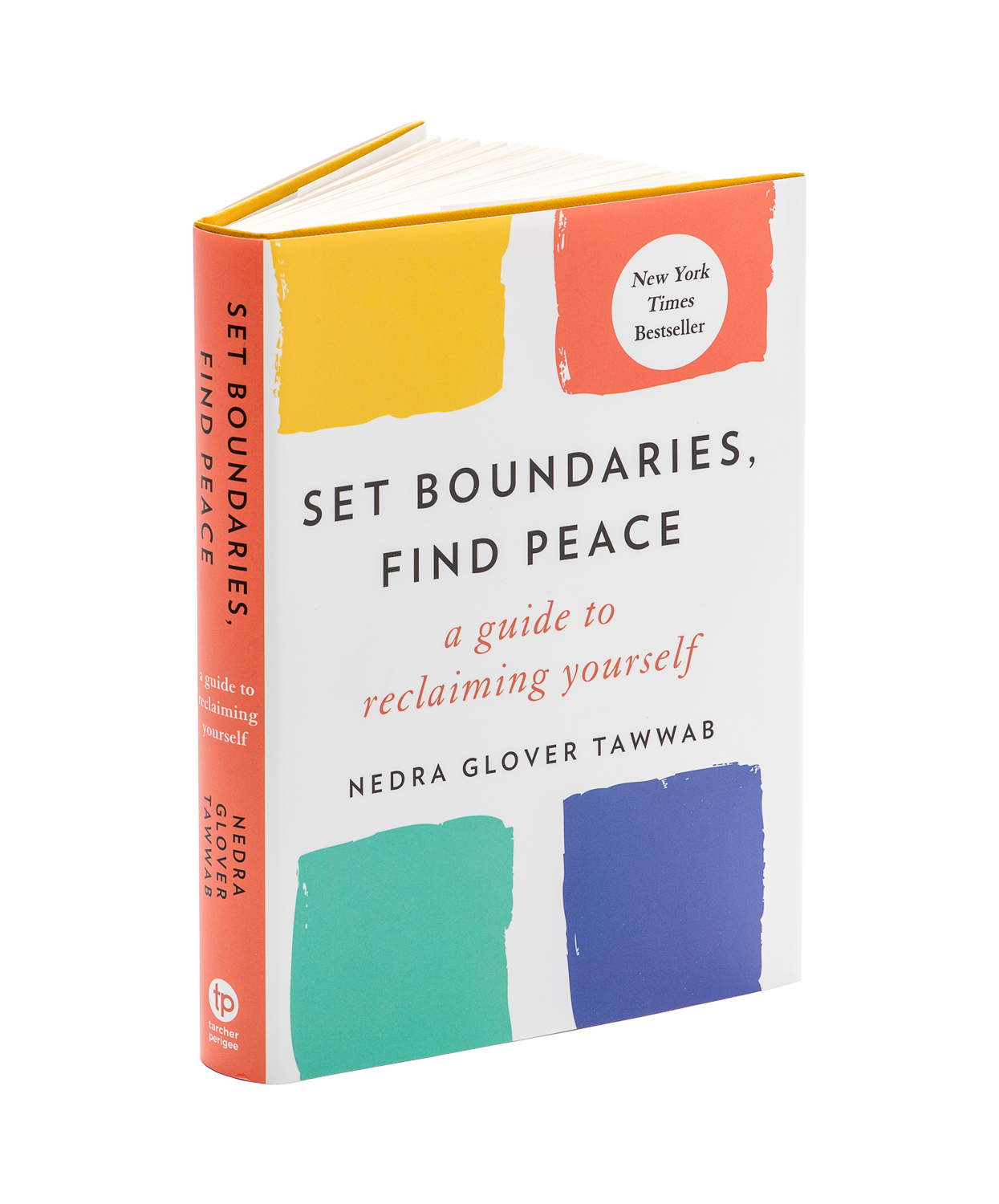SET BOUNDARIES AND BUILD STRONGER RELATIONSHIPS
Nedra Glover Tawwab is a licensed therapist, relationship expert, and best-selling author. Every day she helps people create healthy relationships by teaching them how to implement boundaries.
“Nedra
is not conventional when it comes to the topic of forgiveness. Her philosophy: not all issues can be worked through—and that’s okay.”
— Oprah Daily
“End the struggle, speak up for what you need, and experience the freedom of being truly yourself.”
Nedra is an energetic speaker bringing relatable knowledge about mental health or relationships to every engagement.
Featured In
Nuggets
✺
Nuggets ✺
Boundaries. Relationships. Mental health. Real talk you can actually use—every week, no fluff, no jargon.
-
Passive aggression comes from a space of anger, and frustration. It can be triggered when we feel as though someone has taken advantage of us, or by sadness or hurt. It is wrapped up in a lot of emotions. Many of us behave in a passive-aggressive manner because we feel (real or imagined) that we can’t be honest and say what we feel.
-
The benefits of having hard conversations.
There are so many times when a relationship ends and one person will say, “I had no idea you felt this way,” because for years we have been holding on to what we’re thinking and feeling. We don’t share because we don’t want to hurt the person’s feelings, but then we end the relationship abruptly, which does just that.
-
It is possible to be grateful for what you have while also desiring more.
“Just be grateful” has been weaponized. The meaning behind that directive is essentially, “You have enough; how dare you want more?” Many of us grew up with the idea that gratitude is a stopping point, but gratitude is appreciation, not a destination. We can be grateful for our Nokia phone and still want an iPhone. We can be grateful for our jobs and still want a new position. We can still strive. We can still desire. We can still want more. We need to stop gratitude-shaming people.
-
Just because you don’t like what someone said, doesn’t mean they were being disrespectful.
We often hear words like bossy, rude, and mean tossed around when someone says something we don’t like. Many times these words are being used out of context, and what is actually happening is that someone is being assertive or honest and it makes us uncomfortable. When someone uses their voice to express something we don’t like we label it as a bad thing to mask our discomfort.
Read more on Substack →
Free Resources
Worksheets
Access free worksheets to support emotional well-being and growth. These tools help set boundaries, manage stress, and boost self-awareness. Designed for reflection and action, they promote healthy habits and complement therapy for stronger relationships and emotional resilience.
Quizzes
Explore emotional well-being and relationship patterns. These quizzes identify growth areas, communication styles, and harmful habits, providing personalized feedback and tips to boost self-awareness and set healthier boundaries in personal and professional relationships. They serve as a first step toward self-exploration and emotional healing.




















